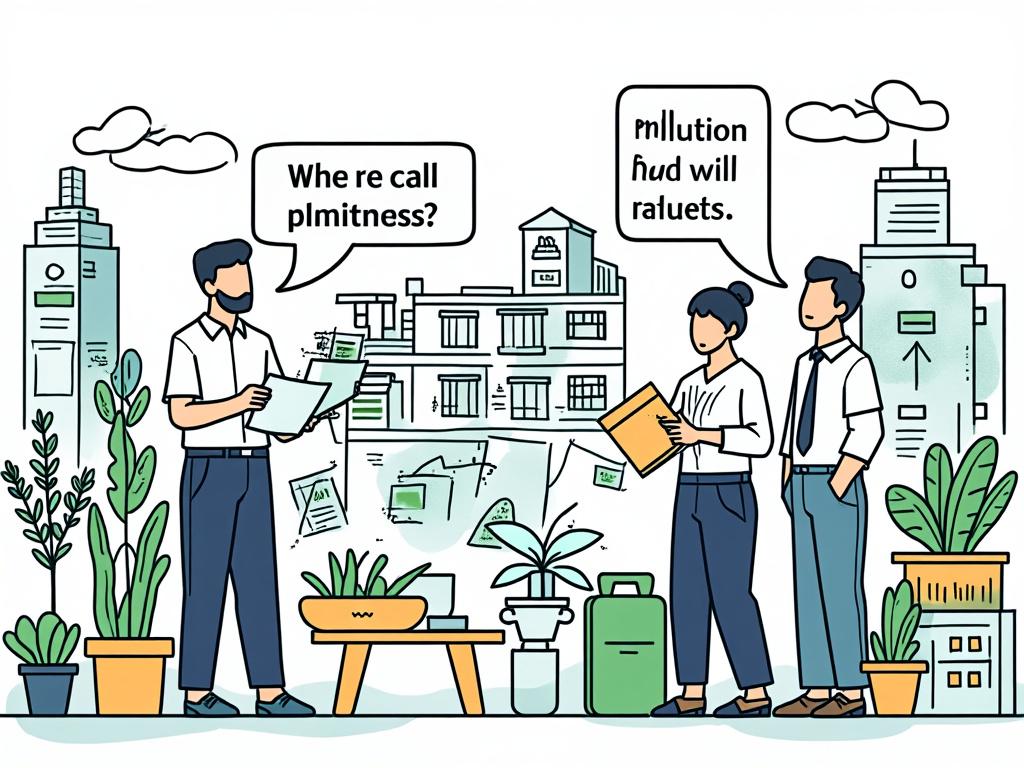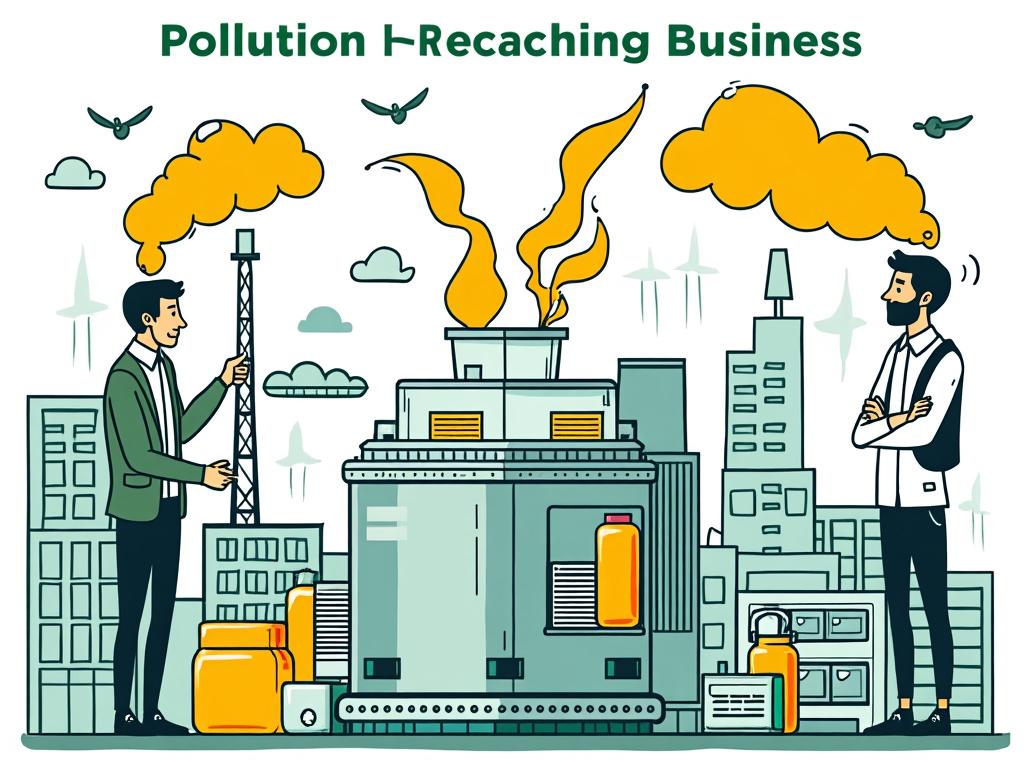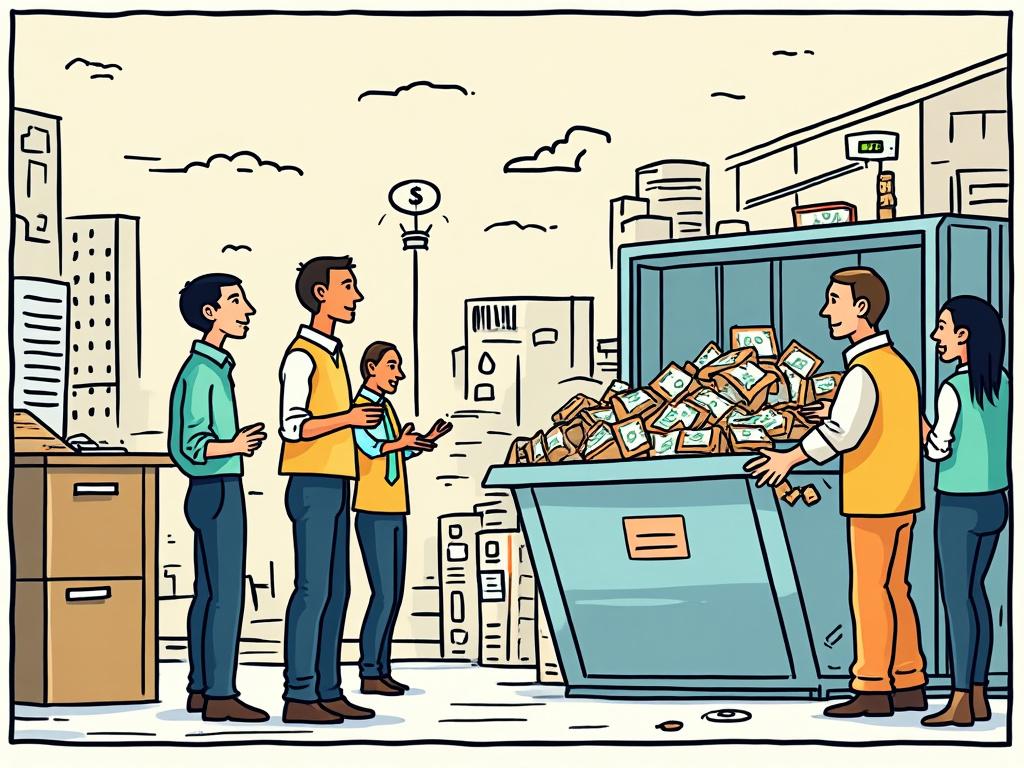
Plastic Pollution in Greece: From Mediterranean Crisis to Mediterranean Solutions
Reading time: 12 minutes
Table of Contents
- The Plastic Crisis Overwhelming Greek Waters
- Environmental Impact on Marine Ecosystems
- Government-Led Reduction Initiatives
- Community-Driven Solutions and Success Stories
- Business Innovations Tackling Plastic Waste
- Navigating Implementation Challenges
- Progress Tracking Across Key Metrics
- Frequently Asked Questions
- Charting Greece’s Sustainable Future
The Plastic Crisis Overwhelming Greek Waters
Picture this: You’re standing on a pristine Greek beach at sunrise, expecting crystal-clear waters and untouched sand. Instead, you’re confronted with plastic bottles, discarded fishing nets, and microplastic particles glinting in the morning light. This isn’t a dystopian fantasy—it’s the reality facing Greece’s 13,676 kilometers of coastline today.
Greece generates approximately 700,000 tons of plastic waste annually, with nearly 40% ending up in the Mediterranean Sea. The numbers are staggering: researchers have found up to 500 plastic particles per cubic meter in Greek waters, making the Eastern Mediterranean one of the most plastic-polluted marine areas globally.
Here’s the straight talk: Greece’s plastic pollution crisis isn’t just an environmental issue—it’s an economic and social challenge threatening the very foundation of a nation built on tourism and maritime heritage. With over 30 million tourists visiting annually, the pressure on waste management systems has reached a critical tipping point.
Key Crisis Indicators
- Marine plastic density: 500+ particles per cubic meter
- Annual plastic waste: 700,000 tons generated
- Tourism impact: 30 million visitors creating additional waste pressure
- Recycling rate: Only 17% of plastic waste properly recycled
Environmental Impact on Marine Ecosystems
The Mediterranean monk seal, Greece’s national marine mammal, faces extinction partly due to plastic ingestion and entanglement. Marine biologist Dr. Anastasia Miliou from the Archipelagos Institute reports: “We’ve documented 23 different species of sea turtles, dolphins, and seabirds with plastic debris in their digestive systems across Greek waters.”
The cascading effects extend beyond individual species. Microplastics have infiltrated the entire food chain, from plankton to commercially valuable fish species like sea bream and sea bass—staples of Greek cuisine and economy.
Ecosystem Disruption Patterns
Consider the case of Zakynthos, home to the endangered loggerhead sea turtle. Beach nesting sites have seen a 30% decline in successful hatchlings over the past decade, with plastic debris directly blocking nesting areas and artificial lighting from coastal development disrupting natural behaviors.
| Environmental Metric | Current Status | Target Goal | Progress Timeline |
|---|---|---|---|
| Marine Plastic Density | 500 particles/m³ | 100 particles/m³ | 2030 |
| Beach Cleanup Volume | 12,000 tons/year | 20,000 tons/year | 2025 |
| Species Recovery Rate | 15% declining | 25% stable/improving | 2028 |
| Recycling Infrastructure | 60% coverage | 95% coverage | 2027 |
| Single-Use Plastic Reduction | 25% decrease | 70% decrease | 2030 |
Government-Led Reduction Initiatives
Greece’s approach to plastic pollution combines EU mandates with locally-tailored solutions. The National Action Plan for Marine Litter, launched in 2019, represents a €2.3 billion investment spanning infrastructure, education, and enforcement.
Legislative Framework and Implementation
The Greek government has implemented a comprehensive ban on single-use plastics, following EU directives but with accelerated timelines. Starting January 2024, all disposable plastic items including straws, plates, and cutlery are prohibited in retail and food service establishments.
Deputy Environment Minister Georgios Amyras explains: “Our strategy isn’t just about banning products—we’re creating economic incentives for sustainable alternatives while supporting businesses through the transition.”
Practical Implementation Strategies
- Extended Producer Responsibility: Manufacturers now pay into a cleanup fund based on packaging volume
- Deposit Return Systems: €0.15 deposits on plastic bottles achieving 85% return rates in pilot programs
- Municipal Waste Infrastructure: 450 new recycling centers established across island communities
- Tourism Industry Integration: Mandatory plastic reduction plans for all hospitality businesses
Community-Driven Solutions and Success Stories
While government initiatives provide the framework, grassroots movements are driving real change across Greek communities. The island of Tilos exemplifies this approach—becoming Greece’s first plastic-free island through community collaboration.
The Tilos Model: A Blueprint for Success
Tilos, with just 780 residents, eliminated single-use plastics entirely by 2019. Local mayor Maria Kamma-Aliferi describes their approach: “We didn’t wait for Athens to tell us what to do. We organized weekly beach cleanups, partnered with local businesses to find alternatives, and educated visitors about our commitment.”
Key elements of their success included:
- Community education programs reaching 100% of households
- Local business incentives for plastic alternatives
- Tourist engagement through eco-certification programs
- Regular monitoring and transparent progress reporting
Scaling Community Solutions
The Archipelagos Network has replicated Tilos’s model across 15 Greek islands, adapting strategies for different community sizes and tourism patterns. Islands like Alonissos and Skopelos have achieved 60-80% plastic reduction within two years of implementation.
Business Innovations Tackling Plastic Waste
Greek entrepreneurs are transforming plastic waste into economic opportunities. Plastiki Ocean Recycling, based in Piraeus, converts collected marine plastic into construction materials, processing over 50 tons monthly while creating 150 jobs.
Innovation Case Study: Sustainable Packaging Solutions
Athens-based startup BioPack Hellas developed seaweed-based packaging that dissolves in water within 30 days. Their products now supply 300+ Greek restaurants and have expanded to serve properties featured in flats for sale in greece, where sustainable living is increasingly prioritized by international buyers.
The company’s co-founder, Dimitris Papadopoulos, notes: “We’re not just replacing plastic—we’re creating a circular economy where waste becomes input for other processes. Our seaweed packaging actually enriches soil when composted.”
Technology-Driven Solutions
- AI-powered sorting systems: Increasing recycling efficiency by 40%
- Blockchain waste tracking: Ensuring transparent supply chain management
- Ocean plastic collection robots: Autonomous systems deployed in major ports
- Biodegradable fishing gear: Reducing ghost net pollution by 25%
Navigating Implementation Challenges
Despite significant progress, Greece faces three critical implementation challenges that require strategic navigation.
Challenge 1: Tourism Season Waste Spikes
During peak summer months, waste generation increases by 300% in popular destinations. Islands like Mykonos and Santorini struggle with infrastructure that can’t handle the surge. The solution involves seasonal workforce scaling, temporary processing facilities, and tourist education programs implemented before arrival.
Challenge 2: Economic Transition Costs
Small businesses face significant costs switching to sustainable alternatives—often 20-40% higher than conventional plastic products. Government subsidies cover only 60% of transition costs, leaving businesses to absorb the remainder. Successful programs combine financial incentives with bulk purchasing cooperatives to reduce individual cost burdens.
Challenge 3: Cross-Border Pollution
Approximately 30% of plastic waste in Greek waters originates from other Mediterranean countries. This requires diplomatic cooperation and shared responsibility frameworks that extend beyond national borders.
Progress Tracking Across Key Metrics
Greece’s plastic pollution reduction efforts show measurable progress across multiple indicators:
Plastic Reduction Progress (2019-2024)
Frequently Asked Questions
How effective are Greece’s single-use plastic bans compared to other Mediterranean countries?
Greece’s implementation ranks among the most comprehensive in the Mediterranean region. With 85% compliance rates and €2.3 billion in supporting infrastructure investment, Greece outperforms Italy (70% compliance) and Spain (65% compliance). The key difference lies in combining enforcement with economic incentives—businesses receive transition support rather than just penalties for non-compliance.
What can tourists do to support plastic reduction efforts during their visit?
Tourists can make significant impact through simple actions: bring reusable water bottles (many Greek destinations now offer free refill stations), participate in organized beach cleanups (available on 80+ islands), choose accommodations with verified sustainability certifications, and support local businesses using plastic alternatives. Tourist participation in cleanup efforts has increased marine plastic collection by 35% in popular destinations.
How do plastic reduction efforts affect property values and coastal real estate in Greece?
Properties in areas with active plastic reduction programs show 12-18% higher value retention compared to areas without such initiatives. Coastal properties particularly benefit as cleaner beaches and marine environments attract premium buyers and renters. International property buyers increasingly prioritize environmental sustainability, making plastic-free destinations more attractive for both investment and residence.
Charting Greece’s Sustainable Future
Greece stands at a pivotal moment in its environmental journey. The convergence of government policy, business innovation, and community action has created unprecedented momentum in addressing plastic pollution. Success stories from islands like Tilos demonstrate that comprehensive plastic reduction isn’t just possible—it’s economically beneficial and socially transformative.
Your roadmap for engaging with Greece’s plastic-free future:
- Support sustainable businesses: Choose establishments with verified plastic reduction commitments
- Participate in local initiatives: Join beach cleanups and community education programs
- Advocate for policy expansion: Support legislation that extends successful programs nationwide
- Invest in solutions: Consider properties and businesses aligned with sustainability goals
- Share success stories: Amplify effective programs to accelerate adoption across the Mediterranean
The transformation of Greece’s relationship with plastic pollution reflects broader shifts toward sustainable development that will define Mediterranean tourism, economy, and environmental health for generations. As Greece continues implementing these solutions, it’s creating a template for coastal nations worldwide facing similar challenges.
The question isn’t whether Greece can overcome its plastic pollution crisis—recent progress proves it can. The question is how quickly these solutions can scale to match the urgency of Mediterranean environmental needs. Will you be part of Greece’s sustainable transformation story?

Article reviewed by Adrian Sokolov, Post-Soviet Industrial Assets | Revitalizing Manufacturing Zones, on June 6, 2025





